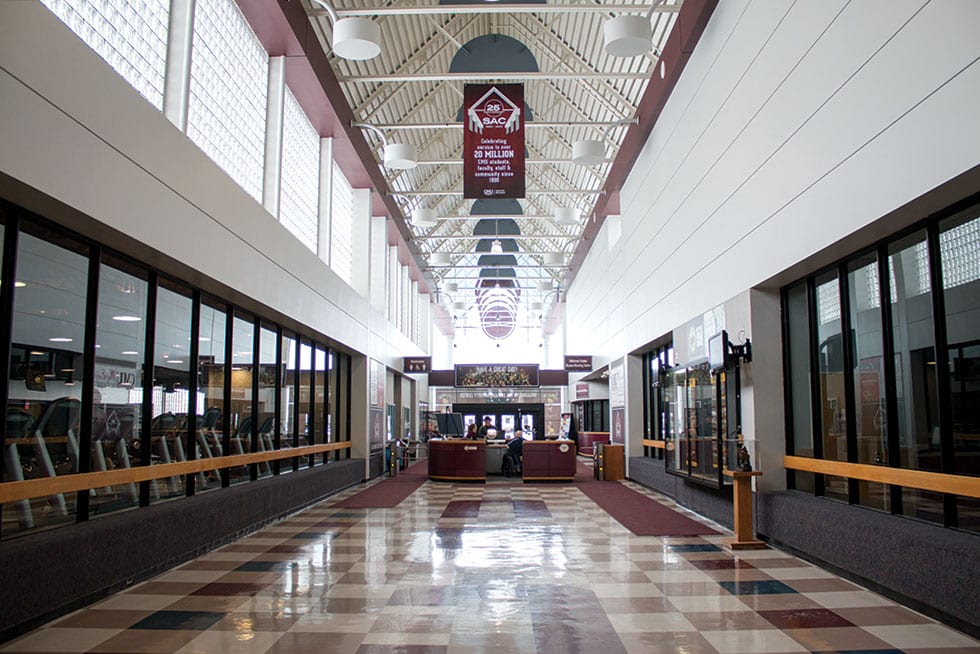
The first-ever Campus Rec Virtual Summit roundtables were a hit.
Each session shed light on various topics in the industry, from mental health to trends in technology to the current pandemic.
With so much information to filter through, here are eight things panelists shared throughout the five Virtual Summit roundtables that they are doing on their campuses:
- Butler University had two staff members become certified in mental health first aid. Plus, the entire Rec and Wellness team went through Safe Zone training.
- The University of North Carolina, Greensboro uses Ask, Listen and Refer, a 20-minute online training to help with mental health awareness.
- To get staff excited about data, Purdue University hosts an annual in-person showcase where each person gives a six-minute presentation on the assessment they’ve done over the year. The key to the showcase is making it fun and allowing staff the opportunity to show-and-tell about their hard work.
- Illinois State University services a population of students that consists of a large proportion from Chicago. Since they regularly go back to visit family on the weekends, it’s important to find a virtual way to connect with them. As such, esports has been a big player in keeping students connected to the university, even when they go home.
- At Maryville University, they are taking a page out of the fraternity and sorority books when it comes to conversations about equity, diversity and inclusion. Smaller group interactions are the way to go. Plus, having resources on how to have conversations around tough topics is essential.
- Purdue University is excited about its partnership with a wearable technology company. It records not only fitness, but also sleep, recovery, caffeine intake, stress levels, etc. It can tell users that tomorrow’s workout should require “x” level of exertion depending on all the factors it tracked the day before.
- In order to address social justice issues, the outdoor program at Duke University is planning trips in Durham, North Carolina. These include visiting historical sites with an emphasis on Black and Brown people’s history.
- Stan Shingles of Central Michigan University shared a study done on a fellow university. It was struggling with diverse participation in its group fitness classes. For a semester, all group fitness was made free. It saw a 600% increase in participation, 60% of that increase being multicultural students. Economics had been the barrier to more diversity. Shingles shared that data transformed the rec center and increased the number of multicultural students coming into it.
Want more ideas from the Virtual Summit roundtables? Watch every roundtable recording — plus over a dozen educational webinars from our partners — for free and at your leisure here.










